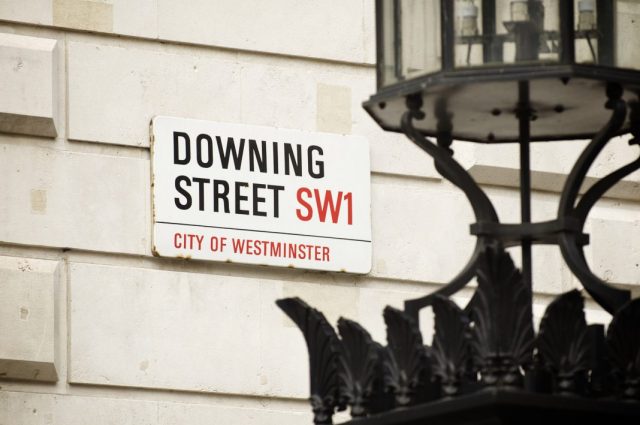Chancellor of the exchequer Rishi Sunak has said that HM Revenue & Customs will not be “heavy handed” in enforcing the Off-Payroll rules for the first twelve months after the law takes effect in April.
The announcement, made on Saturday at an event in Birmingham, will dash the hopes of those who were wishing for the government to make a last minute decision to delay the extension of the rules to the private sector, as Mr Sunak’s comments almost certainly imply that the IR35 reforms will be implemented as planned on April 6.
Business groups, tax experts and contractors have all lobbied the government to delay the introduction of the rules to the private sector, which critics argue are overly burdensome on businesses and will lead many firms to be discouraged from using freelancers.
Whilst the chancellor’s comments were intended to assuage these concerns, it remains unclear exactly what he means by a soft landing for the rules. His comments are unlikely to convince hirers of contractors that the risk of potential future tax liabilities when paying freelancers “outside IR35” will be much lower.
Many major firms, including several financial services companies – key hirers of contractors, have already said that they will either stop using contractors altogether post-April, or have put in place policies that would force their freelancers to pay PAYE employment taxes, regardless of their true employment status and without any eligibility to employment rights.
“I’ve spent time with HMRC to ensure they are not going to be at all heavy handed for the first year to give people time to adjust as well, which I think is an appropriate and fair thing to do,” said the chancellor.
He also promised some “tweaks and improvements” to the rules will be included in the Treasury’s current review into the implementation of the reforms, which is due to published imminently.

The Treasury said: “We recognise that this is a significant change for businesses, and as the chancellor has said, HMRC wants to take a supportive approach to help businesses to apply the rules correctly going forwards” – although the Treasury spokesman did not comment on what a soft landing may mean.
Contractor accountant James Poyser said: “there’s no point in a soft landing. If they’re worried about implementation, then delay.”
Whilst many contractors have grave concerns that the increased red tape and financial risk that the rules represent for business will decimate the freelance sector, in his answer at the Q&A in Birmingham on Saturday, Mr Sunak sought to defend the policy, citing HMRC’s justification that non-compliance with IR35 has been rife since its introduction:
“For a long time, those laws [IR35] haven’t always been followed. And what IR35 [reform] does is change the balance so instead of people making the assumptions about how they should be taxed, we put the onus on companies to make that assessment for them.
“Now, that is going to mean some changes because some people, unfortunately, were operating in a way which meant they weren’t paying the tax they probably should have been. Because, essentially, they were employees but they were being taxed as if they were self-employed — and there’s quite a difference there.
And it’s not fair to all the people who are employed that someone else doing the same job is paying less tax. Ultimately, that tax pays for the NHS, social care and everything else. So it’s right that that unfairness is corrected and it is going to mean a change for some people.
HMRC estimate that the reforms will raise £1.3 billion a year by 2023-24, however that figure has been disputed by professional bodies such as the Institute of Chartered Accountants of Scotland (ICAS).
24th February 2020.









